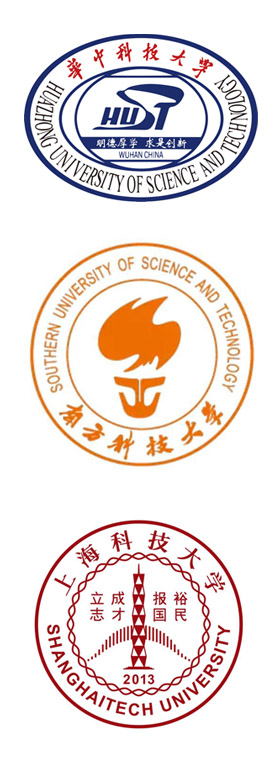On January 30th, the 2023 academic year (2024) Guangzhou High School Student "Talent Plan" Science and Technology Special Training Camp opened.
At the opening ceremony, Sun Longtao, Vice President of the Chinese Academy of Sciences Guangzhou Branch, presented flags to the five undertakers, and Lin Ping, a municipal level investigator of the Guangzhou Municipal Education Bureau, issued certificates and made a mobilization speech for the mentor representatives. Chen Yanwei, Deputy Commander in Chief of China Spallation Neutron Source Phase II Project, delivered a popular science report entitled "China Spallation Neutron Source - Lifting the Heavy Weapon of a Scientific and Technological Country", and Li Shu, Ph.D. of the South China Sea Institute of Oceanography, Chinese Academy of Sciences, delivered a report on the spirit of scientists entitled "New Old Man and Sea - Why Do 88 Year Old People Fight Together?".
The technology special training camp adopts a centralized training method, and will be open for 5 days during the winter vacation and 12 days during the summer vacation in the 2023 academic year (2024). Campers will enter 43 scientific laboratories for project-based learning. The scope of study includes cutting-edge innovative fields such as biology (including plants, tea, soil, insects, etc.), biomedicine, marine energy, software, artificial intelligence, architecture, new energy vehicles, modern physics, electronic technology, materials science, etc.
The Guangzhou High School Student "Talent Plan" Science and Technology Special Training Camp is a brand project dedicated to promoting cooperation and sharing among universities and research institutions to jointly build innovation laboratories and expert teams, and to cultivate outstanding young innovative talents. Under the guidance of research institutes and mentors, campers will experience the joy of scientific research through project-based inquiry learning.
The Science and Technology Special Training Camp was hosted by the Education Bureau of Guangzhou and the Chinese Academy of Sciences Guangzhou Branch, and co organized by the Chinese Academy of Sciences Guangzhou Energy Research Institute, the South China Sea Marine Research Institute, South China Botanical Garden, South China University of Technology, Jinan University and other units.





